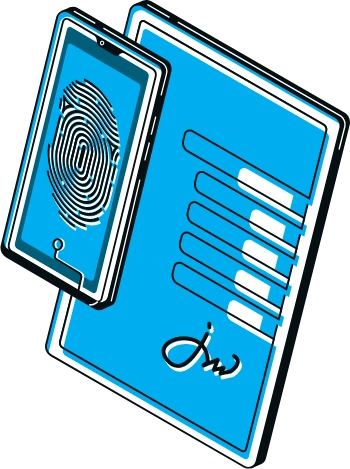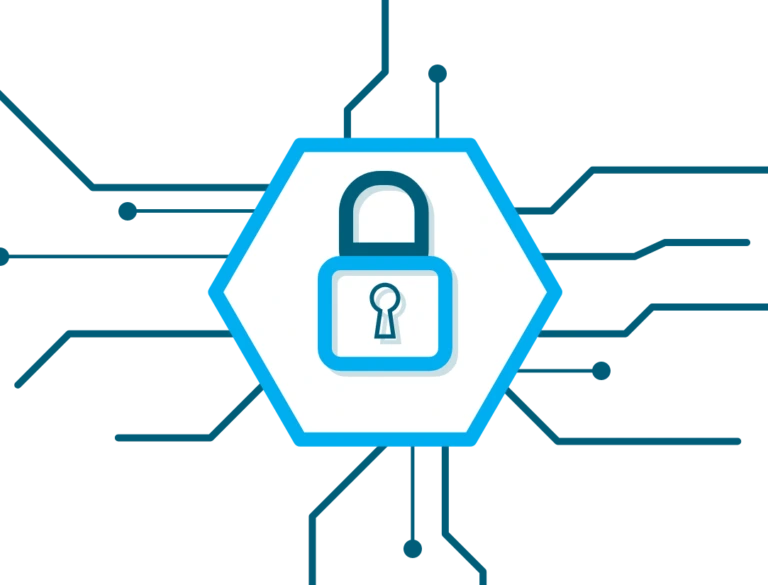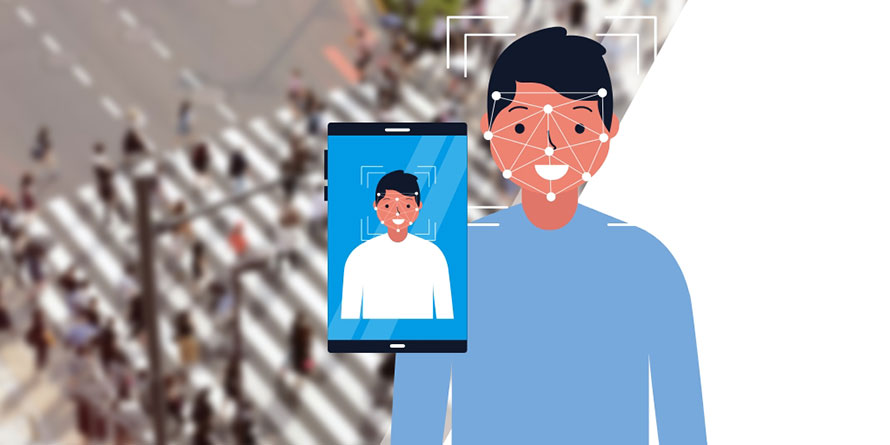Digital identities have been a reality for several years, and are already quite widely used, especially on the web. However, they remain an obscure concept for a large number of people. Is a digital identity the same as the identity of a physical person? What is its purpose, how can you trust it, and how can it be used? These are just some of the many questions asked by the over 32 million French citizens that have, at least once, used the FranceConnect online identification platform of the French government, according to the website Démarches Administratives. The online identification service, allowing users to connect to various services on the web, illustrates a day-to-day use of digital identities.
What are the applications of digital identities, and how will they be used in the coming years? Let BCdiploma tell you more in this article!
What exactly is a digital identity?
The definition of a digital identity
A digital identity stands for the relationship between a natural person, customer, organization or business and their digital representation on the internet. It gathers together the identifying information of the person or entity, and certain unique numerical attributes. Equivalent to an identity verification system in the physical world, such as an identity card, a digital identity makes it possible to safely and securely identify a person on the web. What’s more, a digital identity can be used to identify an individual not only online but also offline.

A digital identity is normally issued by the identification services of a government, and may include:
- An identification number;
- The name of the person concerned;
- A place and date of birth;
- Citizenship status;
- Biometric data, in certain cases.
The broader meaning of a digital identity
In the broad sense of the term, a digital identity also refers to all traces of an individual on the internet that consist of personal information. The browsing history of certain sites, general activity on social media, customer data for online businesses, and any personal data thus collected form a digital representation of the person, a digital reputation that is sometimes referred to as a “digital identity”.
What can a digital identity be used for?
The main use of a reliable digital authentication system, based on digital identities, is the ability to log in to various online platforms with a single identifier. A user’s digital identity may also be associated with a PIN code and used to electronically sign documents, or to confirm the authenticity and date of the signature of a contract or a message.
For example, the secure, digital identification platform FranceConnect is available via internet browser, and will also soon be available via a mobile app. It allows users to access many essential citizen services online, such as:
- National health insurance;
- Tax platforms;
- Vehicle registration service;
- All public administrative websites.
What are the challenges of using digital identities?
The advantages of digital identities
While some see digital identities as merely the logical successor to the ID cards that everyone carries around in their wallets, the implications of such a digital authentication system are actually much broader. Indeed, the implementation of a digital identity verification system makes it possible to simplify many processes and systems, for both individuals and organizations.
Digital identities: for a more harmonized user experience
To access and make full use of certain websites, a customer or user often has to supply an email address and password. This data must then be communicated over a network, saved and stored on dedicated servers, and then read later, with all the security and privacy issues that this implies. Instead, using a single digital identity to identify yourself across many sites and services, whether public or not, eliminates the need for the traditional email and password combination, improving user experience, customer management, and trust between individuals, organizations and businesses.
A digital identity verification system strengthens the security of personal data

In the era of full-digital technology and the digitization and digital management of a wide range of personal documents, identity theft, document fraud and financial fraud are common problems. Therefore, it is necessary to design systems that allow both the identification of users and customers and the protection of their privacy, personal and account data. The security management of data and its protection are key issues that the implementation of a strong digital identity system must be able to guarantee in order to inspire trust in users.
Digital identities reduce costs
The ability to perform remote identity authentication via the web and by mobile app not only saves time for individuals, but also for public services, health and social services, schools, other institutions and businesses that need to verify people’s credentials, while maintaining utmost network security. Such time savings, which are appreciable for individual citizens, customers and users, are huge for institutions and businesses, leading to significant reductions in key business, administrative and security costs, on a national scale.
The future of digital identities
Digital identities are expected to be adopted ever more widely by governments in the near future. The European Commission is planning the creation of a digital identity accessible to all European citizens, with the aim of streamlining and harmonizing procedures for individual citizens abroad. Such a measure will allow citizens, by web, mobile and in person, to more easily:
- Use public and social services and access and complete administrative procedures of their country of residence;
- Prove their identities wherever they travel;
- Check in to hotels;
- Rent a car;
- Enroll in a university abroad;
- Open a bank account and use financial services abroad;
- Control their privacy and data, and prevent fraud;
- Provide biometric data when it is needed by an authority.
Just like other verifiable credentials that an individual may have in their possession and control, this European digital identity will be stored in a digital wallet, with the protection of a cryptographic key.

The BCdiploma solution for a secure digital identity
By the end of 2022, BCdiploma, a pioneer in issuing secure digital diplomas on the blockchain, will put a new digital wallet into service, based on the European standard for decentralized digital identities, ESSIF. This new decentralized way of managing digital identities will allow digital wallet users to have full control over their private, personal and biometric data. The user can then decide what information to share, with whom, and for how long. Such technology can only be implemented on a secure platform, and it is for this reason that BCdiploma is working with the European Blockchain Services Infrastructure (EBSI) for the implementation of verifiable credentials on the EBSI blockchain, and their use via a compatible digital wallet.
Visit our site to read more about blockchain technology and learn about the role it can play in creating a decentralized digital identity system.
